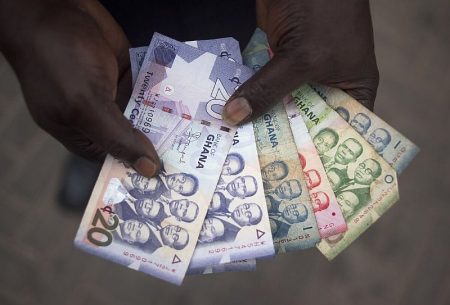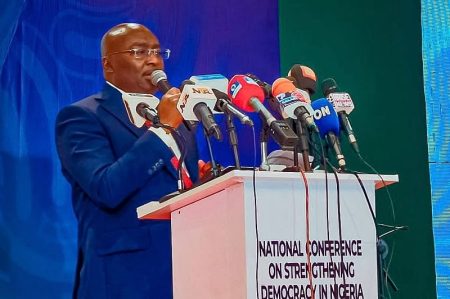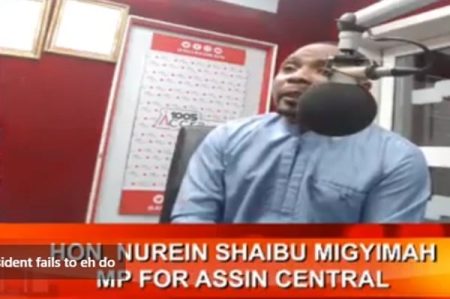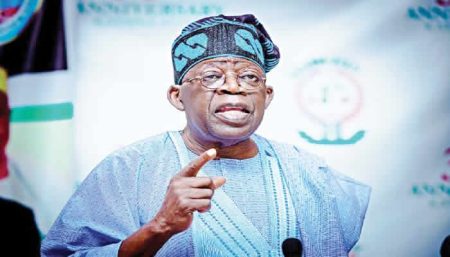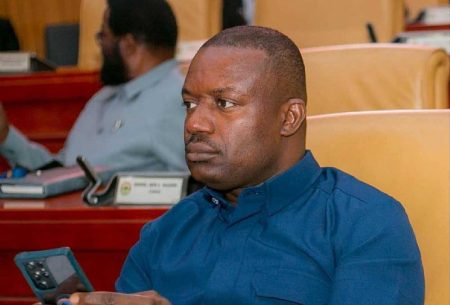The political landscape of Akwatia, Ghana, has been embroiled in a complex legal battle surrounding the parliamentary seat, culminating in a bench warrant for the arrest of Member of Parliament, Ernest Yaw Kumi. The heart of the matter lies in a contested election victory and Kumi’s subsequent defiance of a court order, which has led to his conviction for contempt of court. The case highlights the delicate balance between the legislative process, the judicial system, and the respect for legal authority, underscoring the critical role of adherence to legal procedures in maintaining a stable democratic environment.
The controversy began with the 2024 parliamentary elections in Akwatia, which saw Ernest Yaw Kumi declared the victor. However, this victory was immediately challenged, leading to a legal dispute over the legitimacy of the outcome. The court, recognizing the seriousness of the claims and the potential for disruption, issued an interim injunction barring Kumi from being sworn into office. This injunction served as a protective measure to maintain the status quo while the legal challenge progressed, aiming to prevent Kumi from assuming his parliamentary duties until the court had the opportunity to fully investigate and adjudicate the electoral dispute.
Despite the clear legal directive, Kumi proceeded to take the oath of office, effectively ignoring the court’s authority. This act of defiance served as the catalyst for the contempt proceedings, which ultimately led to his conviction. Kumi’s decision to disregard the injunction not only undermined the authority of the court but also cast a shadow over the legitimacy of his own position as a Member of Parliament. This act raised serious questions about his respect for the rule of law and the established processes for resolving electoral disputes, fundamental tenets of a functioning democracy.
Presiding Judge Justice Senyo Amedahe, faced with Kumi’s blatant disregard for the judicial process, issued a bench warrant for his arrest after he failed to appear for sentencing. This action escalated the legal ramifications for the MP, compounding the initial electoral dispute with the serious charge of contempt of court. The issuance of the warrant underscored the court’s commitment to upholding its authority and its determination to ensure that legal orders are respected, regardless of the individual’s position or political standing.
The unfolding events in Akwatia exemplify the potential for conflict between the legislative and judicial branches of government. Kumi’s actions, while potentially rooted in a desire to fulfill his perceived mandate as the elected representative of the people, ultimately disregarded the established legal framework designed to ensure fairness and transparency in the electoral process. By bypassing the court’s authority, he risked setting a precedent that could undermine the integrity of the judicial system and its role in safeguarding democratic principles.
This ongoing legal saga surrounding Kumi’s election and his subsequent defiance of the court has broader implications for Ghana’s political landscape. It underscores the vital importance of respecting judicial decisions and adhering to the principles of due process. The court’s firmness in pursuing the contempt charges sends a clear message that no individual, regardless of their political status, is above the law. The outcome of this case will undoubtedly have a significant impact on the future political landscape of Akwatia and may serve as a crucial test case for the resilience of democratic institutions and the rule of law in Ghana.






